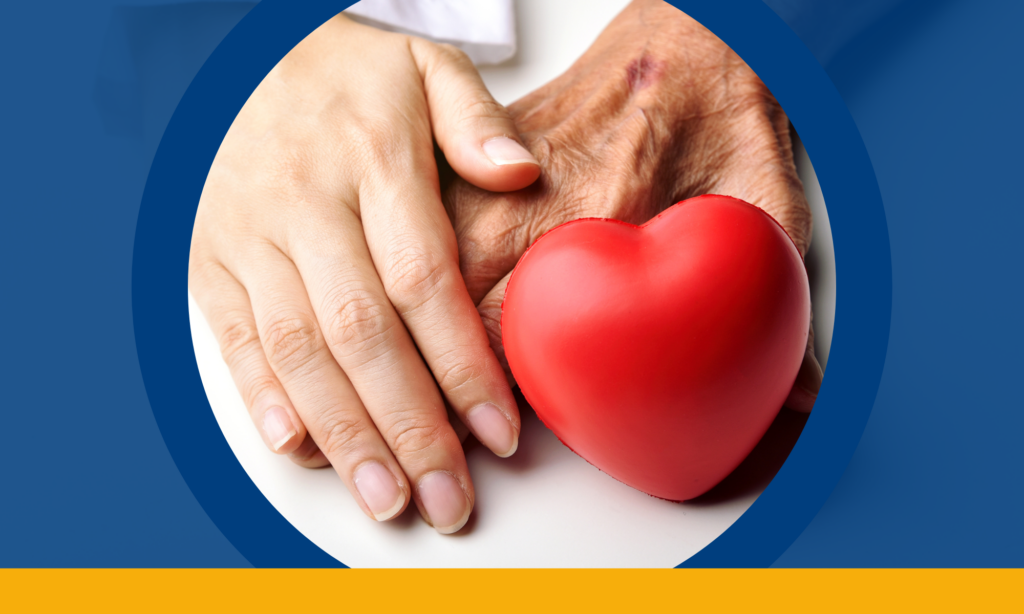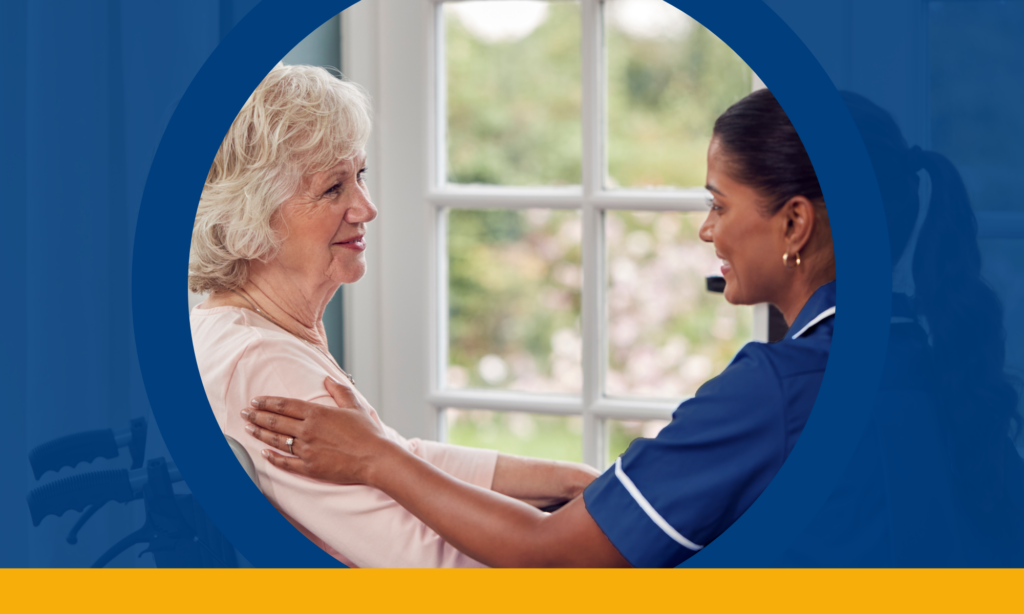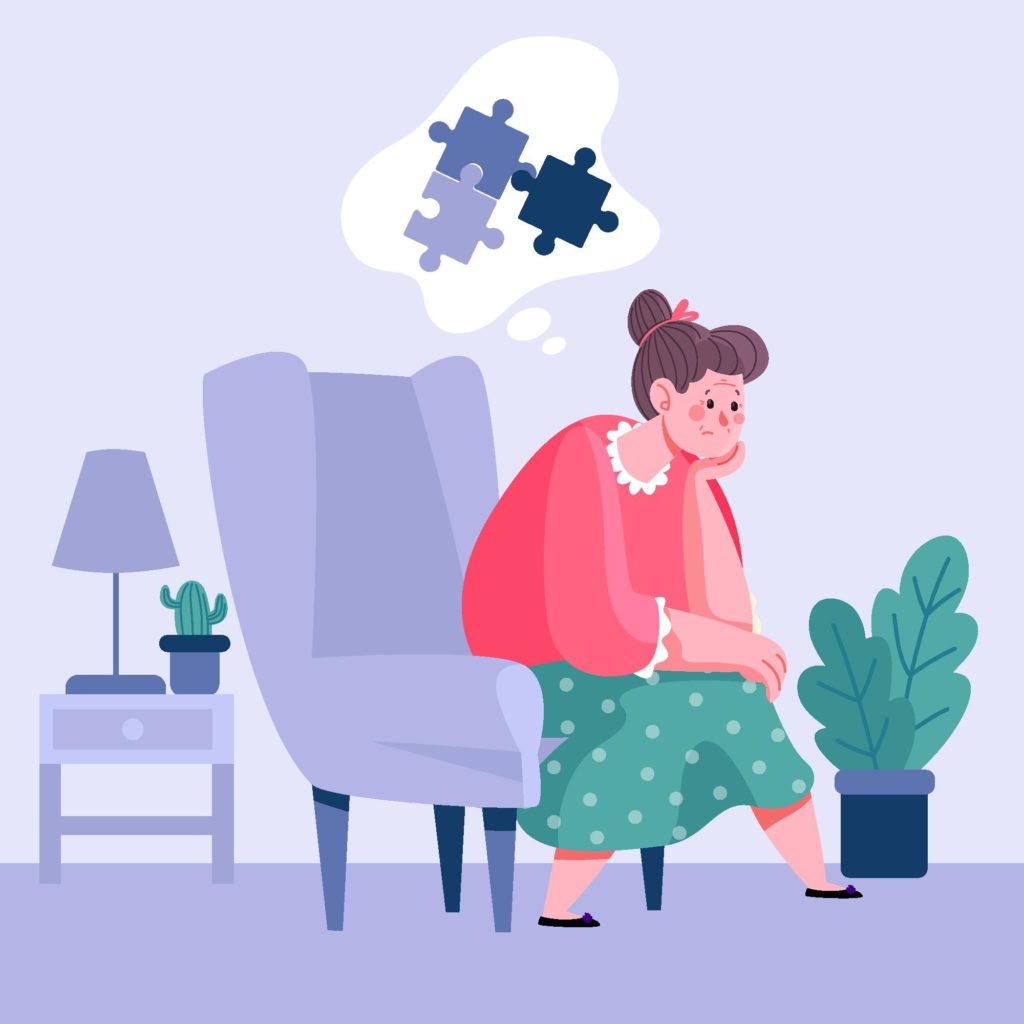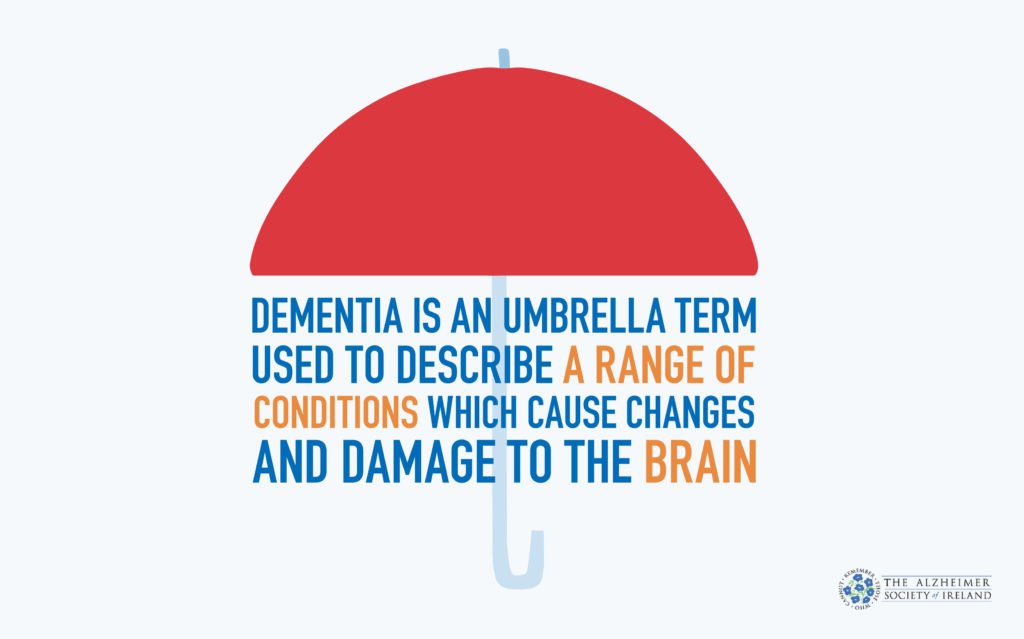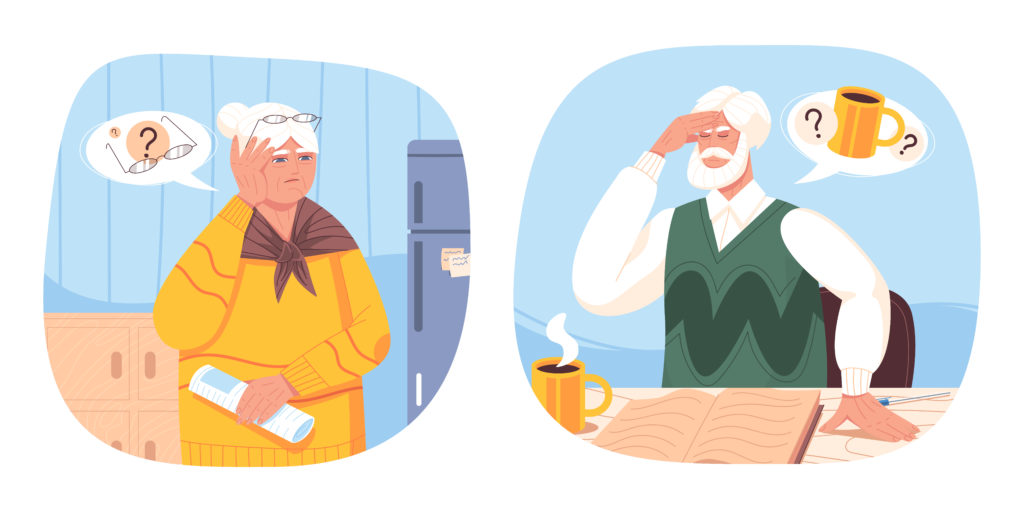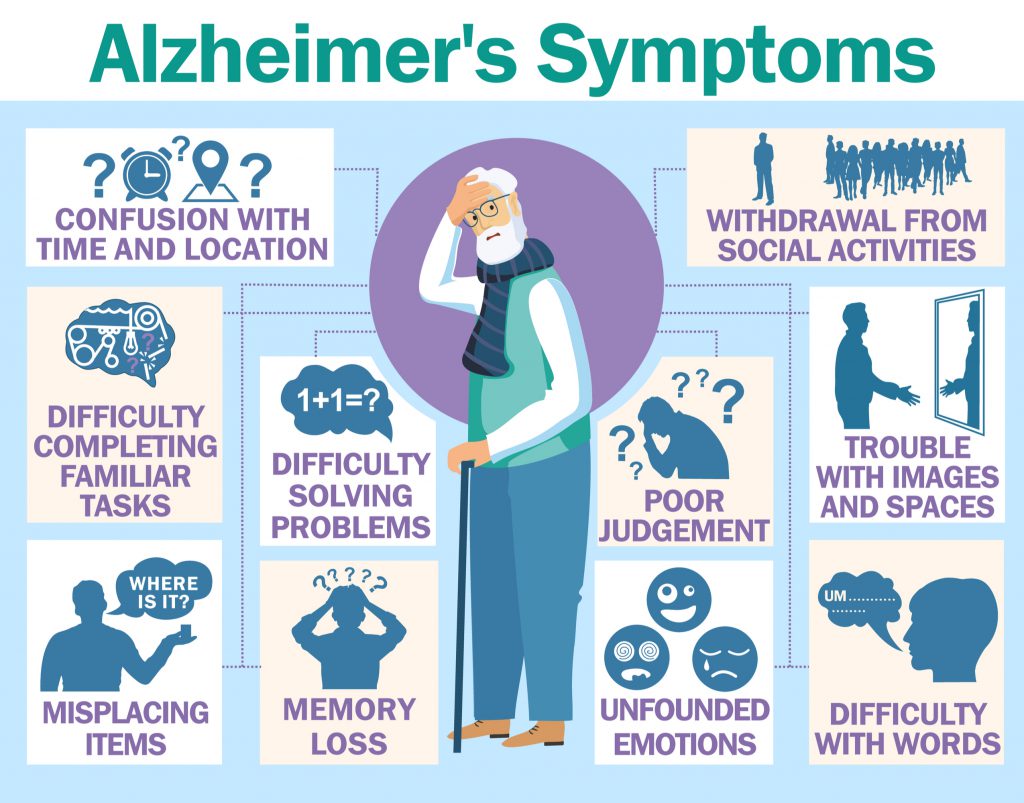Falls Prevention in the Home
Falls Risk
A falls risk factor is something that increases an older person’s chance of falling. Falls commonly result from a combination of risk factors as the risk of falling increases with the number of risk factors that are present. The number of risk factors also increases as a person ages.
Each service user will be individually assessed to determine their falls risk. The goal of this approach is to optimise and standardise assessment and intervention so as to reduce falls in older people living in the community setting.
Risks can be classified as;
- Intrinsic (e.g. muscle weakness)
- Extrinsic (e.g. medication)
- Environmental (e.g. home hazard)
8 Ways to Reduce Fall Risks
Falls can put older people at risk of serious injury including fractures, cuts, bruises and even serious brain injuries so it is therefore vitally important to reduce the risk of falls in the home.
Even if there is no serious injury as a result of a fall, it can still be a frightening experience and may cause an older person to avoid certain activities due to the fear of falling again. As you get older, health conditions, physical changes and sometimes medication can make falls more likely to occur.
Use of Assistive Devices
Using any safety devices provided may greatly reduce the risk of falls;
- Handrails and Grab Bars: Installing grab bars and handrails can be beneficial for going up and down the stairs, getting on and off the toilet and stepping out of the bathtub/shower.
- A raised toilet seat: This can make it much easier for someone with poor mobility to get on and off the toilet. A seat with arm rests can be very helpful.
- A sturdy plastic chair or stool for the shower or bathtub and a handheld shower nozzle for bathing while sitting down. Non slip mats can be helpful in shower or bathtub
- Non slip treads for bare wood steps and nonslip mats on floors which may become slippy or wet such as porches.
Mobility – Keep Moving
Physical activity can assist greatly with preventing falls. Regular physical activity makes you stronger and improves your balance and coordination.
Most adults over 65 should try to keep active if possible. There are activities suitable for people with chronic illnesses such as heart disease, high blood pressure, arthritis or diabetes. Activities can improve flexibility greatly, if you avoid physical activity as you are afraid of the risk of falling talk to your doctor or physiotherapist who will recommend a carefully monitored exercise programme.
- Begin slowly with exercise you feel comfortable doing.
- Start with walking and increase the distance gradually.
Medication Review
Ask your doctor to review your medication each year as certain medications or various medications combined can cause you to feel faint or lightheaded which could cause falls. Your doctor can review your medications for side effects and interactions that may increase your risk of falling.

Clothing and Footwear
Baggy clothes can sometime cause you to fall, opt for better-fitting clothes that do not drag on the ground. Socks can cause slips so if only wearing socks wear non-slip socks with grips or comfortable fitted shoes with rubber soles.
Visibility
Your eyesight may change as you get older and therefore can increase your chances of falling so it is important to get your eyesight check on a regular basis.
Remove Hazards
Sometimes home fixtures can contribute to falls. Examine every room and look for items such as loose carpet, rugs with frayed corners, remove all clutter.
Repair loose, wooden floorboards and carpeting right away. The easiest method for preventing falls is to keep your home neat and tidy. Remove wires and cables from any areas where they could pose a trip hazard.
Lighting
Inadequate lighting can be a major hazard so use brighter bulbs where needed, particularly in hallways and near stairs
- Place night lights in bedrooms, bathroom and hallways.
- Place a lamp within reach of your bed in case you need to get out of bed during the night.
- Make clear paths to light switches and turn on lights before going downstairs.
- Have flashlights easily accessible in case of power outages.
Spillages
- Clean up any floor spillages immediately and never use floor wax.
Medication Storage
Medication should be kept in a cool dry place and in one location. They should be kept safely away from children, pets and anyone who is mentally unstable. Putting a simple system in place and taking care of the basics helps older people to avoid common medication mistakes like taking the wrong drug, missing doses, or taking more than prescribed.
For medication that requires specific storage, like refrigeration, follow doctor or pharmacist’s
instructions. Create and maintain an up to date medication list and record names, dosage, what each item is for and whether it is short or long term. Pre-sort medication for the week and use blister packs if possible, to avoid confusion. Understand likely side effects as common side effects could increase fall risk and discuss if doctor if this happens.


